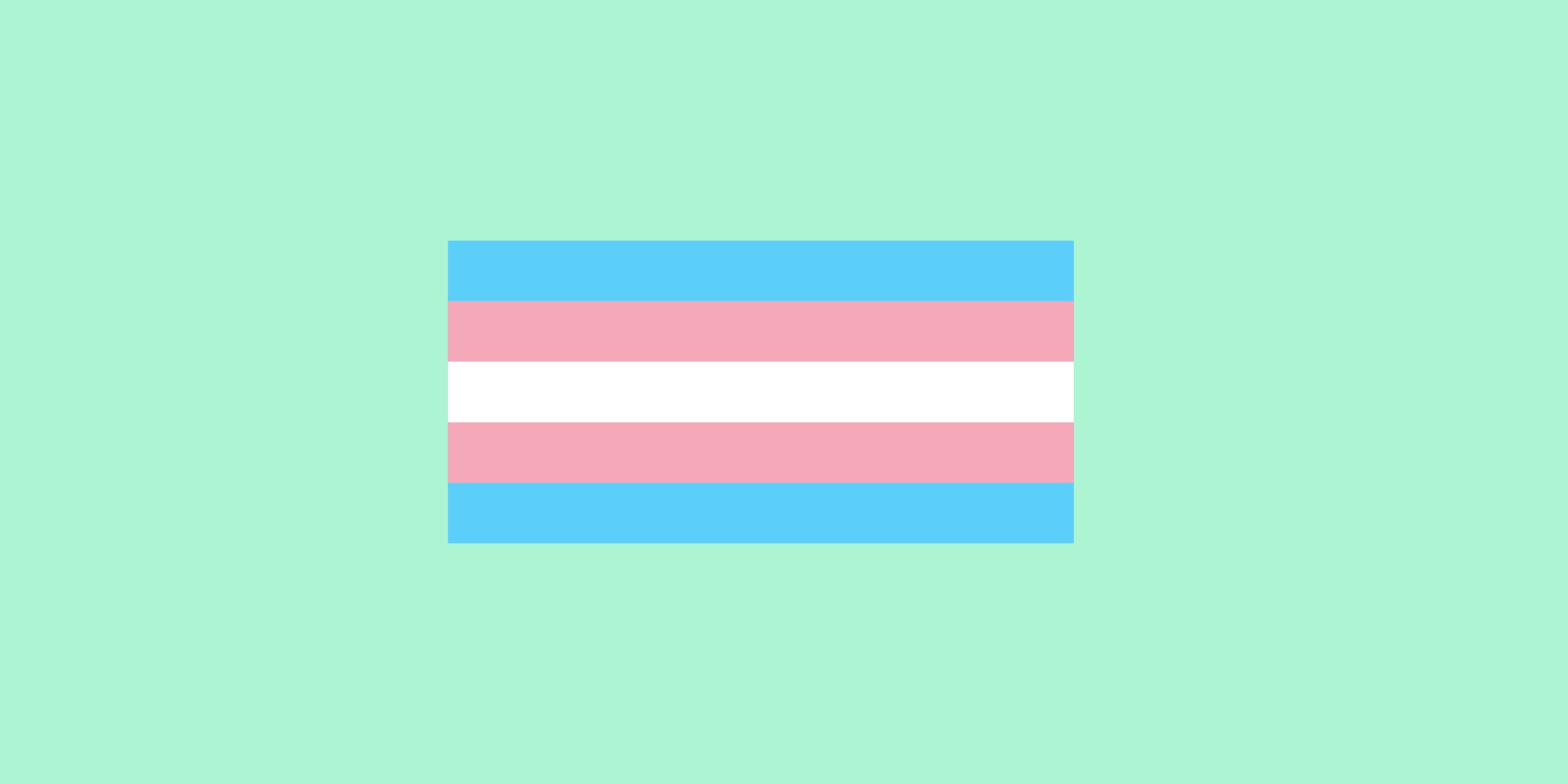This is our response to the non-statutory draft guidance for schools & colleges in England and Wales regarding gender-questioning children and young people that was released on 19 December 2023 with a consultation open until 12 March 2024.
We sent our own response as an organisation to that consultation back in March and are sharing our response publicly now to record our opposition to it in its entirety.
Andro and Eve have been working with the LGBTQ+ community for the last eight years, with LGBTQ+ young people the last 3 years, and we know first hand the impact on trans and gender expansive people when their right to exist is called into question. We are also leading facilitators of Gender Awareness Training, delivering our training to organisations throughout the UK since 2021. Our training enables teams to better serve and meet the needs of clients and customers of all genders, particularly those who fall under the Transgender umbrella. It is continually developed in response to the latest research and is grounded in lived experience and informed by sector best practice principles.
Every child and young person should be safe and respected in school or college and their best interests met in an environment that celebrates learning, inclusivity and diversity. The UK government’s draft guidance for schools in England does not respect or serve the interests of trans and gender-expansive children and young people and is at odds with existing children’s rights and equalities legislation in the UK, including both the Equality Act 2010 and the Human Rights Act 1998. The Equality Act and the protected characteristic of gender reassignment applies at any age.
This guidance harmfully promotes and justifies the active exclusion of trans and gender-expansive children and young people, rather than seeking to support a cohort of young people whom we know already experience elevated risks of harm and bullying in educational settings. (Estyn, 2020, Hudson-Sharp & Metcalf, 2016, Jadva et al, 2023).
Evidence indicates that 64% of trans young people had been bullied at school (Stonewall, 2017) and there has been an 186% increase in reported transphobic hate crimes in the last 5 years (ONS, 2023). While guidance asserts that bullying should never be tolerated in our schools and colleges, there is a concerning lack of measures to protect, include or advocate for trans and gender-expansive children and young people.
Teachers are often a vital resource for trans children and young people who do not feel safe at home. This guidance not only risks damaging the relationship between young people and teachers by creating additional barriers to disclosure or help-seeking, but could also mean trans and gender-expansive children and young people no longer feel safe at school or college. The risk of harm posed to young people if their parents are informed without their consent is deemed ‘exceptionally rare’ in the guidance. This does not cohere with findings from recent studies which document the lived experiences of trans young people (Just Like Us, 2023, McDermott et al., 2017), including research conducted by this government (Government Equalities Office, 2018).
That children and young people are questioning their gender identity is framed in this guidance as a product of ‘gender ideology’. This language departs from that which is used elsewhere in dominant UK political discourse and legislation, the UK Census, and the NHS, and is unacceptably inflammatory.
The guidance is written through an unduly narrow ideological lens and perpetuates false narratives concerning sex and gender that have no basis in evidence. This only serves to deepen divides and stigmatise trans children and young people further. Crucially, the guidance inflames what is already an incredibly dangerous ‘culture war’, as it calls into question trans children and young people’s right to exist. This does nothing to mitigate the elevated risks of harm faced by vulnerable transgender young people and goes against the statutory duties of schools to safeguard all young people. The lives of trans and gender-expansive children and young should never be up for debate.
We join with many other LGBT+ organisations, youth organisations and schools in urging the government to reconsider the position taken in this guidance and instead to view this as a vital opportunity to implement clear guidance that creates genuine inclusivity and safety for all children and young people, including by listening to children and young people themselves.
References:
Hudson-Sharp, Nathan and Metcalf, Hilary, National Institute of Economic and Social Research (commissioned by the Governement’s Equalities Office), 2016, Inequality among lesbian, gay bisexual and transgender groups in the UK: a review of evidence.
Jadva, J, Guasp, A, Bradlow, JH, Bower-Brown, S, Foley, S, 2023, Predictors of self-harm and suicide in LGBT youth: The role of gender, socio-economic status, bullying and school experience, Journal of Public Health, Volume 45, Issue 1, Pages 102–108.
Government Equalities Office, 2018, National LGBT Survey.
Just Like Us, 2023, Positive Futures: How supporting LGBT+ young people enables them to thrive in adulthood.
McDermott, Elizabeth, Hughes, Elizabeth, Rawlings, Victoria, 2018, The social determinants of lesbian, gay, bisexual and transgender youth suicidality in England: a mixed methods study, Journal of Public Health, Volume 40, Issue 3, pages e244–e251.

